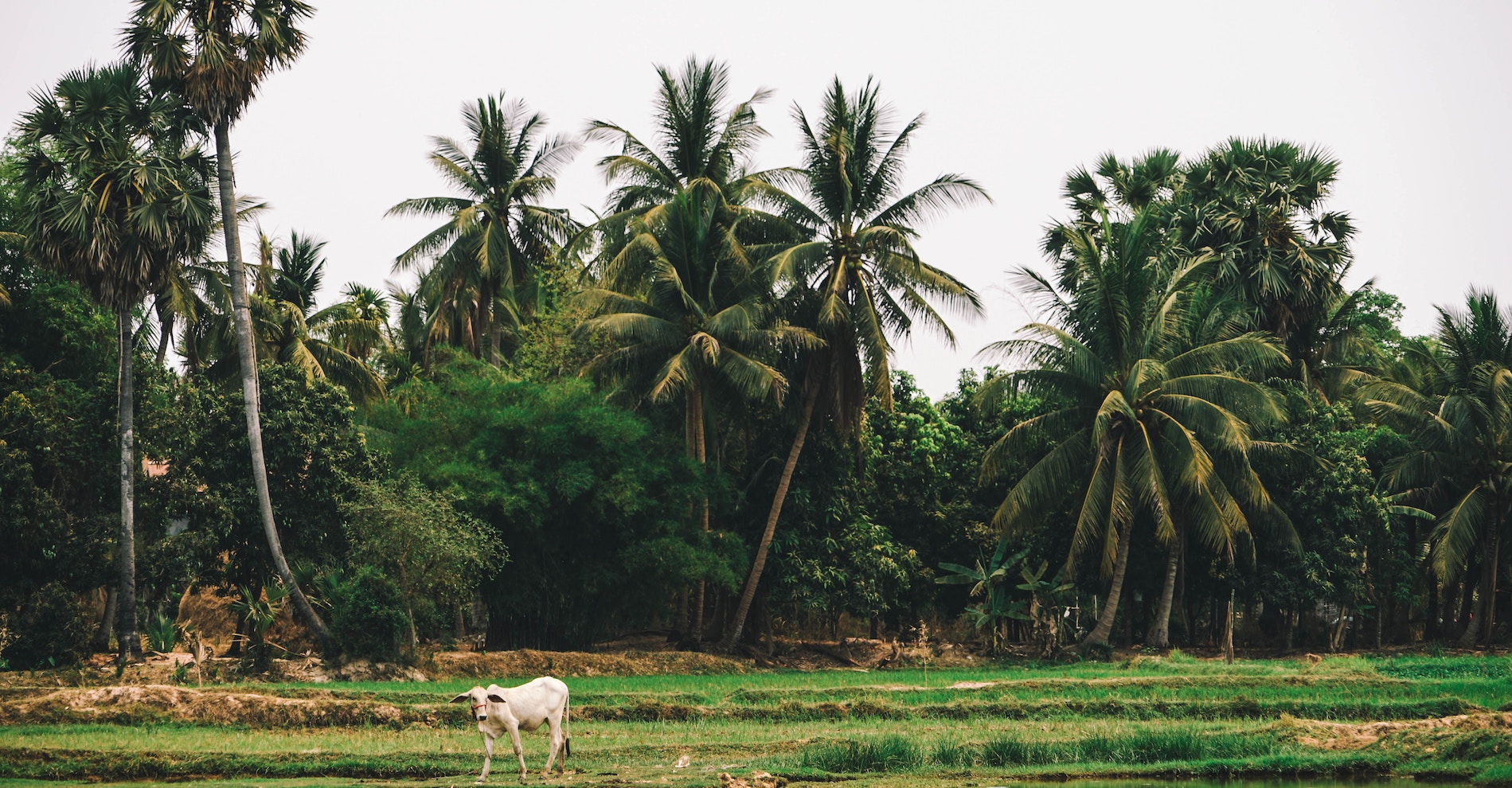Environmental Challenges in Cambodia
Cambodia has a vast landscape of jungle, stunning beaches, great history and astounding wildlife. But in this changing climate, the importance of learning how to sustain this precious environment is a pressing challenge for Cambodia. Even worse, Cambodia is a country most vulnerable to climate change.
Unfortunately, Cambodia has a great waste problem. They generate extreme amounts of waste and do not have the appropriate infrastructure to deal with it. Moreover, the public has little knowledge and awareness about the issue. According to the UNDP, in Phnom Penh alone, 10 million plastic bags are used daily. Even worse, some 36% of the poorest communities in the city do not have access to waste management. The lack of infrastructure, services and education surrounding waste management is only exacerbating the issue.
What does this all mean?
The recycling process in Cambodia is minimal because there isn't appropriate infrastructure. Unfortunately, the waste ends up on the sidewalk and on the streets. This leads to catastrophic results. Insects, rodents and bacteria build up around the piles of rubbish which can lead to low hygiene and a greater risk of disease. Moreover, the rubbish often ends up in Cambodia’s abundant waterways. These waterways are used for fishing, drinking water and more. But they are infected with bacteria which can cause an even greater risk of disease. The fish and wildlife in the waterways are at risk of eating the waste and dying, and then the ecosystem is disrupted.
The problem with waste goes beyond merely a plastic bag lying on the street. It risks the livelihoods and wellbeing of the Cambodian people. When only 11% of the annual waste is recycled, there is a great improvement needed regarding the services and education.
This is what Mikaela Goodman, one of our volunteers in Cambodia noticed:
“Going on this trip has really opened my eyes in terms of the environment and recycling. Here in Cambodia, they only recycle plastic bottles and cans. So much waste goes in the general waste bin. When I’m home, I’ll be more careful to recycle correctly.”
How do our volunteer programs help?
On our Wildlife and Environment Challenge you can help encourage better waste management within Cambodia! Working with local people, our volunteers help to educate children and their families about the need for recycling and reusing in this current age.
For many people, their access to knowledge and solutions for waste management is limited. Our volunteers work with the local community to teach them about waste and the problems that arise from incorrect waste disposal. They also talk about why recycling and reusing is important. We believe that behavioural change through education is one of the most effective ways to make change. People do not want to make change unless they really feel that it matters. By explaining the consequences of great waste and poor waste management, children and their families can actively want to make change.
On the Environment Challenge you'll also get to spend a week at a wildlife sanctuary that spans one million acres and is home to several endangered species including tigers, elephants, banteng, deer, sarus crane, crocodiles and several turtle species. Once densely forested and rich in biodiversity, this area has been terribly affected by illegal logging and poaching. You will volunteer to help efforts to reforest the area by keeping records of identified species, collecting seeds and planting samplings.
Ultimately, Cambodia faces significant environmental challenges. But we believe that by working on grass-roots projects with the local community, we can help encourage better habits in Cambodia. By working together, we can make real change and protect Cambodia’s outstanding environment and landscapes.





